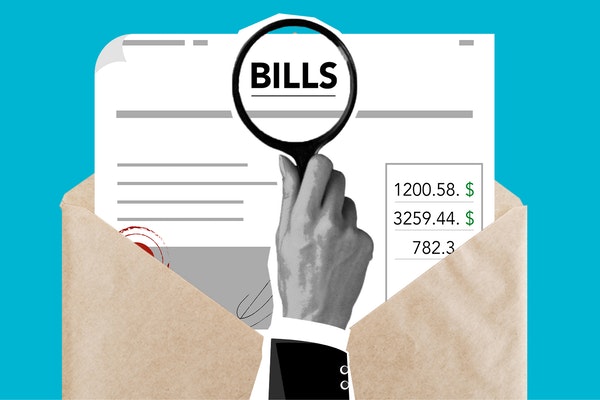A revolving credit account is an account where you can repeatedly borrow money (up to a set limit) and either pay off the balance in full at the end of each billing cycle, or carry over the balance from one month to the next (that’s “revolving” the balance). Examples of revolving credit include credit cards, lines of credit, and more. They don’t have a maturity date and stay open for as long as the borrower’s good reputation with the lender lasts. However, it is important to take precautions to not fall into the vicious cycle of revolving debt. Here is some of our advice as a nonprofit credit counseling agency:

Revolving credit accounts have many advantages, but it’s important that consumers are able to manage their debt.
Revolving Debt Explained
A revolving credit account has its pros – firstly, funds are easily available. It’s a quicker way to pay for unprepared or surprisingly big expenses – for example, maybe your dryer broke, and you only have half the money you need in your bank account to pay for it. You can borrow the other half you need with revolving credit in order to fully pay for the dryer repair in a pinch. It’s also a way, if used wisely, to help establish a credit history.
However, you can’t forget the fees involved. Also, if you max out your credit line or make late payments, your revolving debt can end up hurting your credit. The mistake with the biggest fallout, however, might be missing your payment. Because for each day you don’t pay, your creditor keeps track. And when a revolving account payment becomes 60 days late, the creditor reports delinquency. Things get even trickier – because now you have the late fees and the hit to your credit score to handle. Although this situation might seem difficult to overcome, there is a way through. Here’s what to do if you have delinquent revolving debt accounts.
Negotiate a Repayment Plan
Paying the entire past-due balance could be hard do if it’s too big to pay all at once, you’ve had a decrease/loss in income, or if an emergency depleted most of your funds. There are several side gigs and flexible part time jobs that can gradually help you pay off your balance. But if you still need more breathing room, ask your creditor about spreading the balance over a few months. It’s not the most fun conversation, but they might be able to work out a plan for you. If your delinquent debt already went to collections though, you might still be able to work out a payment plan with the agency.
Look for Support and Clarification
You might feel a little better knowing that others have been in your situation, but maybe you’re still overwhelmed. There are several options available for debt relief. For guidance, look for a credit counselor at a nonprofit credit counseling agency. He or she will explain all your options. A credit counselor can also help you create a budget, and may enroll you in a debt management plan. You’ll learn the pros and cons of each option they offer, determine which is the most realistic for you, and understand exactly the steps to take from here.
If you’re struggling to pay off debt, schedule a free credit counseling session with us today.






